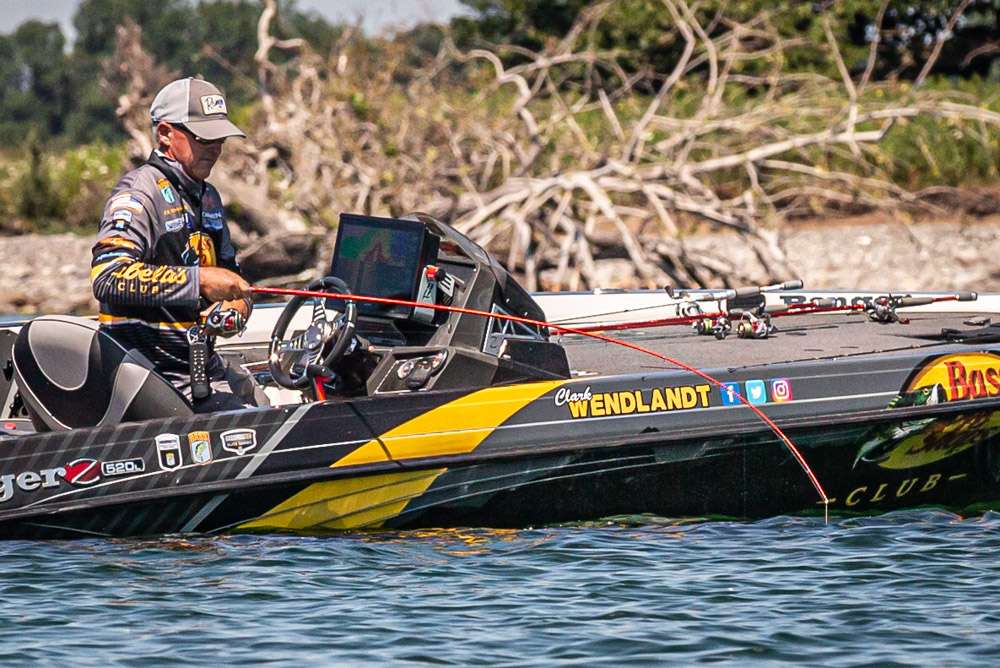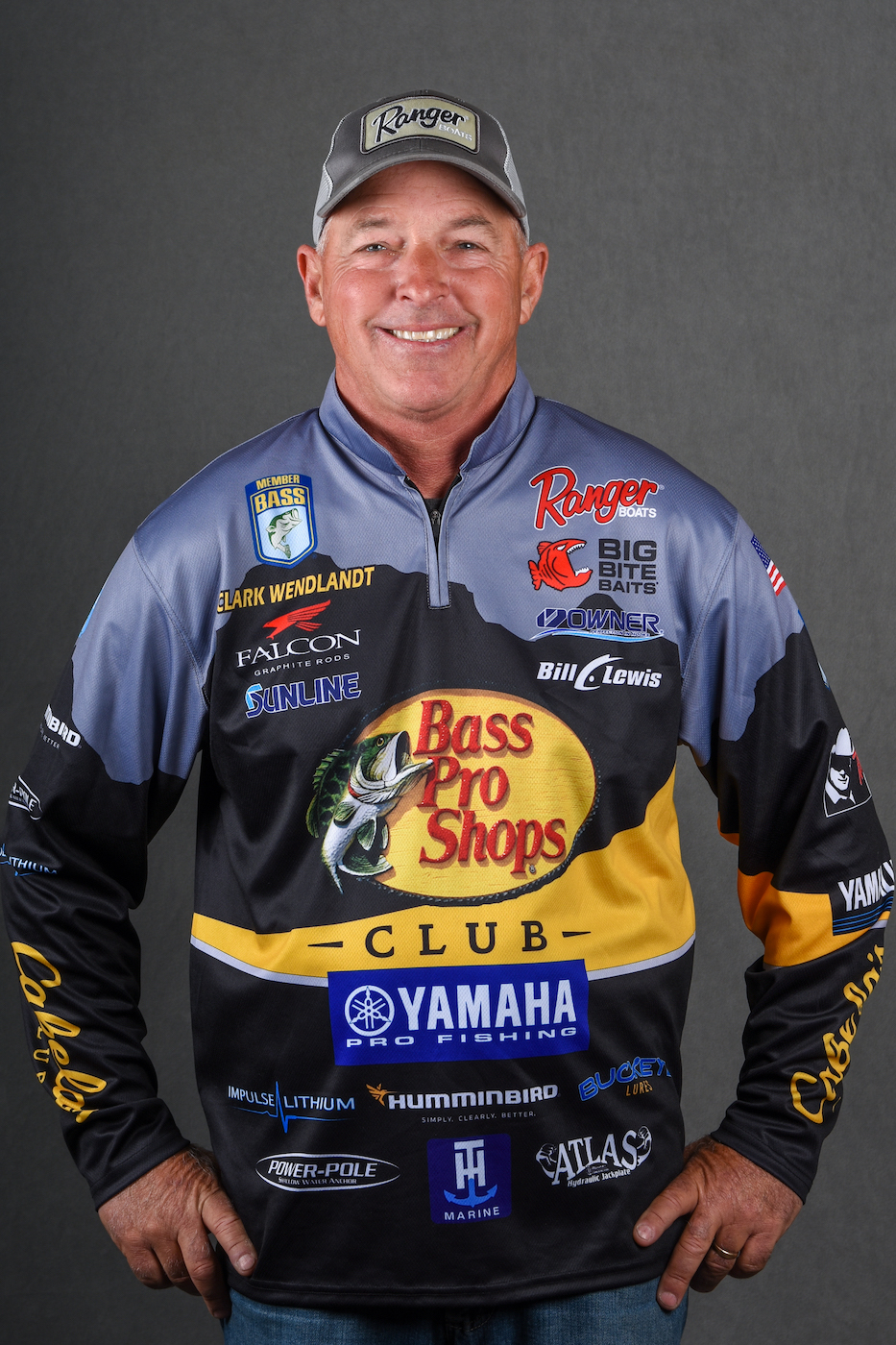
One of the things I love about fishing the Bassmaster Elite Series is the no-information rule. It not only evens the playing field but makes us better anglers.
We have the best no-information rule in tournament fishing. It essentially says that when a tournament is announced, you can’t solicit help from anyone other than what is publicly available on the internet.
Some tournaments have vague rules about soliciting information. They leave the door open for some help, but B.A.S.S. has taken it to the next level.
When a tournament is held, the object is to determine the best angler on that body of water during a given number of days. We’re rewarding the angler who used his or her ability and knowledge to be successful.
We are given a limited practice period in which to put the puzzle together — figure out how to catch five good bass daily over a multiple-day event. That’s how you determine the true mark of a good angler.
When I get a call or message from a young angler fishing a high school or college event wanting specific information about a fishery or technique for an upcoming event, I am hesitant to give them too much information. If young anglers really want to hone their skills and learn how to be better anglers, I think it would be a disservice to give them too much specific information. It’s not because I don’t want to help. I know that learning and figuring out a lake as you go gives you an amazing amount of confidence and is eventually how you build skill.
You become a better angler because you did it alone, and this sport is all about building confidence.
When you get too much information prior to a tournament, it can inhibit your creativity and erode your confidence, making it harder to rely on your own ability.
The truth is that outside help can really work against you. It may push your confidence level from one to 10 initially, but by the end of the day, it will wear away your confidence. Most tournament fishing days end up being pretty unpredictable; conditions change all the time. You have to be able to adapt, and to adapt, you have to have confidence.
I’m also not one to visit a lake much before the official practice begins. Now, if I’m unfamiliar with the lake, I might go there to learn how to get around safely and see what’s there so that I don’t have to do that when official practice begins.
But if you spend too much time fishing before official practice begins, those experiences will be embedded in your mind, and you’ll want to see if those patterns and areas still work during tournament practice. You can waste a valuable day when you should have been learning what the fish were doing under existing conditions. That’s why sometimes fishing a tournament on your home water can be tough. You tend to fish history.
I may get online to learn how much weight I will need on a lake during a certain time of year, the primary forage base, the weather forecast during the event, the lake level and what kind of cover it currently has to offer.
That’s all I want to know, nothing else. When practice begins, I will have an open mind and begin the process of elimination to determine the best way to win the tournament.
My advice to young anglers is to spend as much time as possible on the water figuring it out on your own. That is the best way to become a better angler.
Some information will work out for events here and there, but if you are in this for the long term, I can assure you, gaining confidence by piecing the puzzle together yourself as much as possible will increase your confidence and pay off in the long run.





